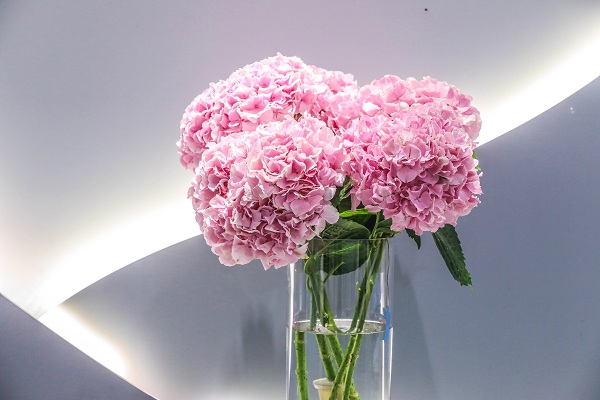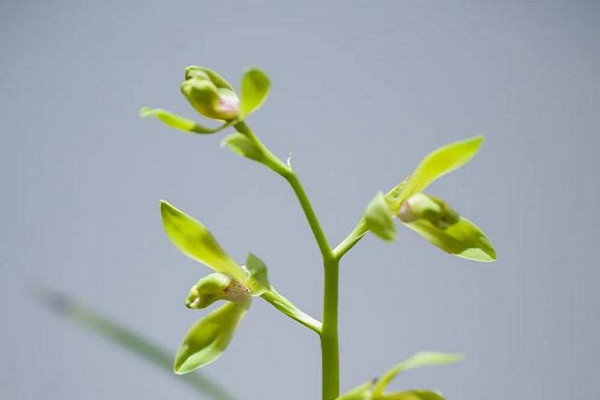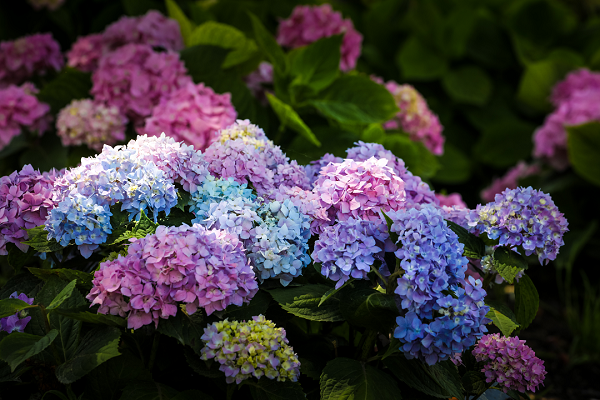Macao is shifting into high gear to become a center of tourism and leisure, in part by further tapping into its rich history and unique culture.
"Since Macao returned to the motherland 15 years ago, the tourism industry has made rapid progress," said Maria Helena de Senna Fernandes, director of the Macao Government Tourist Office.
The number of tourists to the special administrative region rose from 7.4 million in 1999 to 29.3 million in 2013, figures from the office showed. Tourists from the Chinese mainland increased over the same period from about 1.6 million to 18.6 million.
Mainland visitors also made the largest contribution to Macao's tourism industry from January to October in 2014, accounting for 67.4 percent of tourists, followed by those from Hong Kong at 20.5 percent and Taiwan at 3.1 percent.
"The central government supports Macao in developing itself into a center of tourism and leisure and appropriately diversifying its economy, which brings about new opportunities to Macao's tourism industry," Fernandes said.
Macao is now listed among the Top 10 tourism regions in Lonely Planet.
The hotel industry is also riding on the growth. The number of hotel rooms has increased from 9,514 in 1999 to 28,800 in 2013, and the occupancy rate has grown over the same period from 53.7 percent to 83.1 percent.
"The APEC Tourism Ministers Meeting, which was held in Macao this September, promoted the building of a center of tourism and leisure. Macao has also gained more popularity worldwide," said Fernandes, referring to one of the events under the Asia-Pacific Economic Cooperation forum.
Zhang Jing from Shanxi province was in Macao on a two-day business trip and was delighted with the attractions.
"I have just visited the famous Ruins of St. Paul's and University of Macau," the 27-year-old said.
"I have a very good impression of Macao. The climate here is warm and comfortable. Although the city is not big, everything seems to be in order. The casinos and hotels are a part of the scenery, while the European architecture amid the city's streets is very beautiful."
Macao's residents are also very friendly and the pace of life is not fast, she said.
"I also tasted the delicious Portuguese cuisine. I like Macao very much and will come here again if I have the opportunity."
Macao authorities are rolling out more measures to include the region's cultural offerings in its tourism so that visitors can fully enjoy its attractions.
"The bureau is making policies of integrating culture with tourism and promoting the development of cultural tourism," said Ung Vai Meng, the president of the Macao Cultural Affairs Bureau.
To that effect, action has been taken to protect and utilize its cultural heritage, organize cultural, arts and festive activities, and establish and build the cultural creativity industry, Ung said.
"With the support of the central government, 'the historic center of Macao', a collection of historical buildings with Portuguese and Chinese styles, was inscribed on the UNESCO World Heritage List, making it the 31st designated World Heritage Site in China," Ung said.
"This success also gives us more confidence to develop tourism. We can not only provide leisure tourism to our visitors, but also offer many historical and cultural elements in these tours," Fernandes said.
Every year, the cultural affairs bureau holds three major events, the Macao Arts Festival, Macao International Music Festival and Parade through Macao, Latin City, to promote the region's cultural image. These activities have become an important tourism resource of Macao.
Fernandes said tourism authorities have also designed "four travel routes for tourists to let them explore the historical buildings, scenic spots and local cuisine" to increase their understanding of Macao's diverse culture.
Zhu Zhe contributed to this story.
fanfeifei@chinadaily.com.cn
By Fan Feifei in Macao(China Daily USA)


